Michelle Mangiapane used to wake up every morning with anticipation for the new day. As she drove herself Monday through Friday to Plymouth High School in Michigan, where she had worked for over two decades, she said she’d sing: “I get to go to school, to school, I get to go to school! I’m fortunate, I’m blessed, I get to go to school!”
The first ten years Mangiapane spent as a teacher in the Plymouth Canton Community School District, she told IW Features, was a really exciting time. But around 2008, she noticed that things were starting to change. Mangiapane stuck it out with a forced smile, watching as politics and behavioral issues ramped up while academic standards degraded.
“It just got to be too much,” Mangiapane said. Despite her love for public education, the veteran teacher left last year for a private school.
Originally hailing from Canada, Mangiapane recalled her excitement when she was offered a work visa to teach in America in 1996. She fell in love with America, married her husband and had four kids together, and worked toward her citizenship while teaching mathematics.
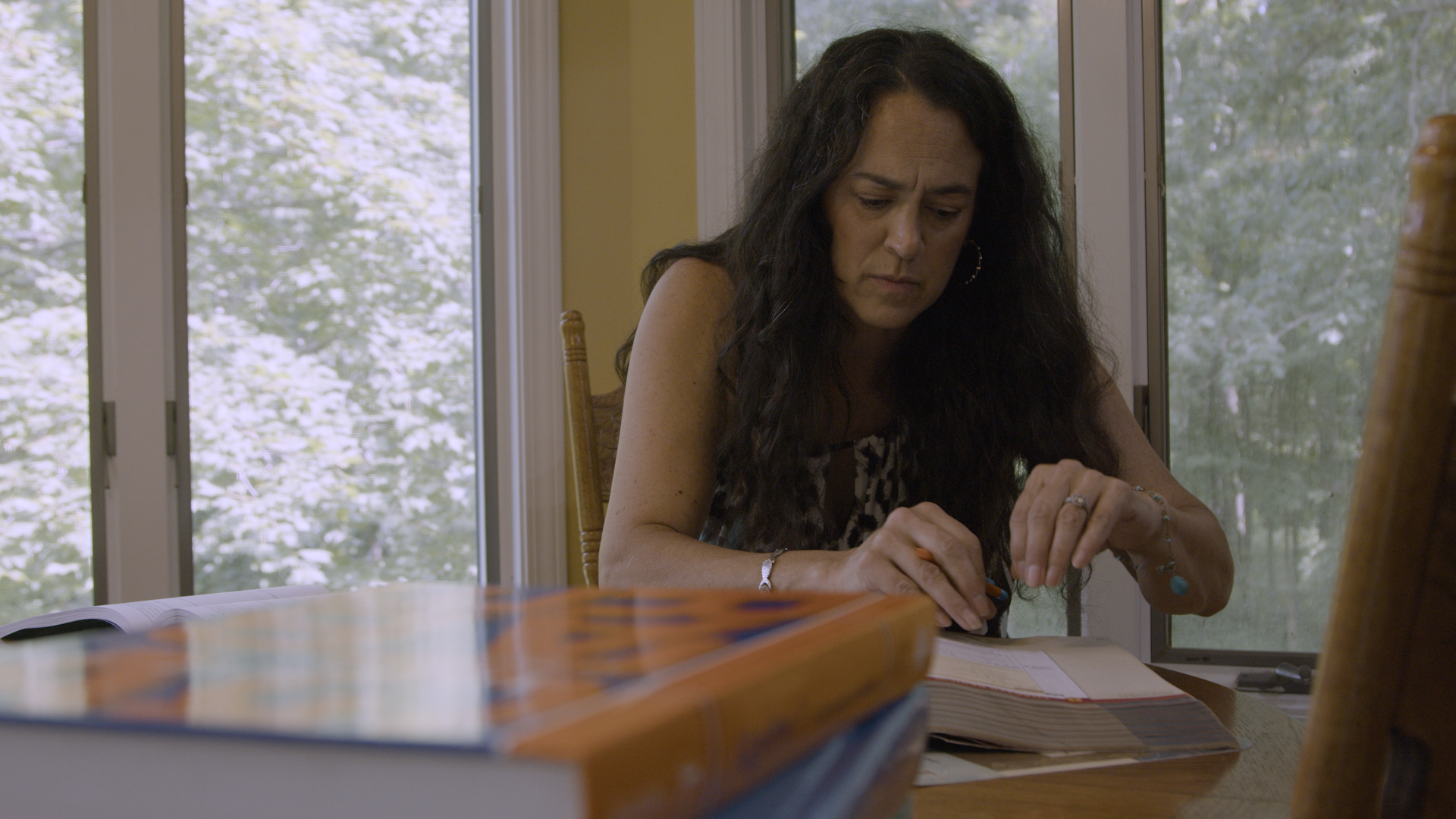
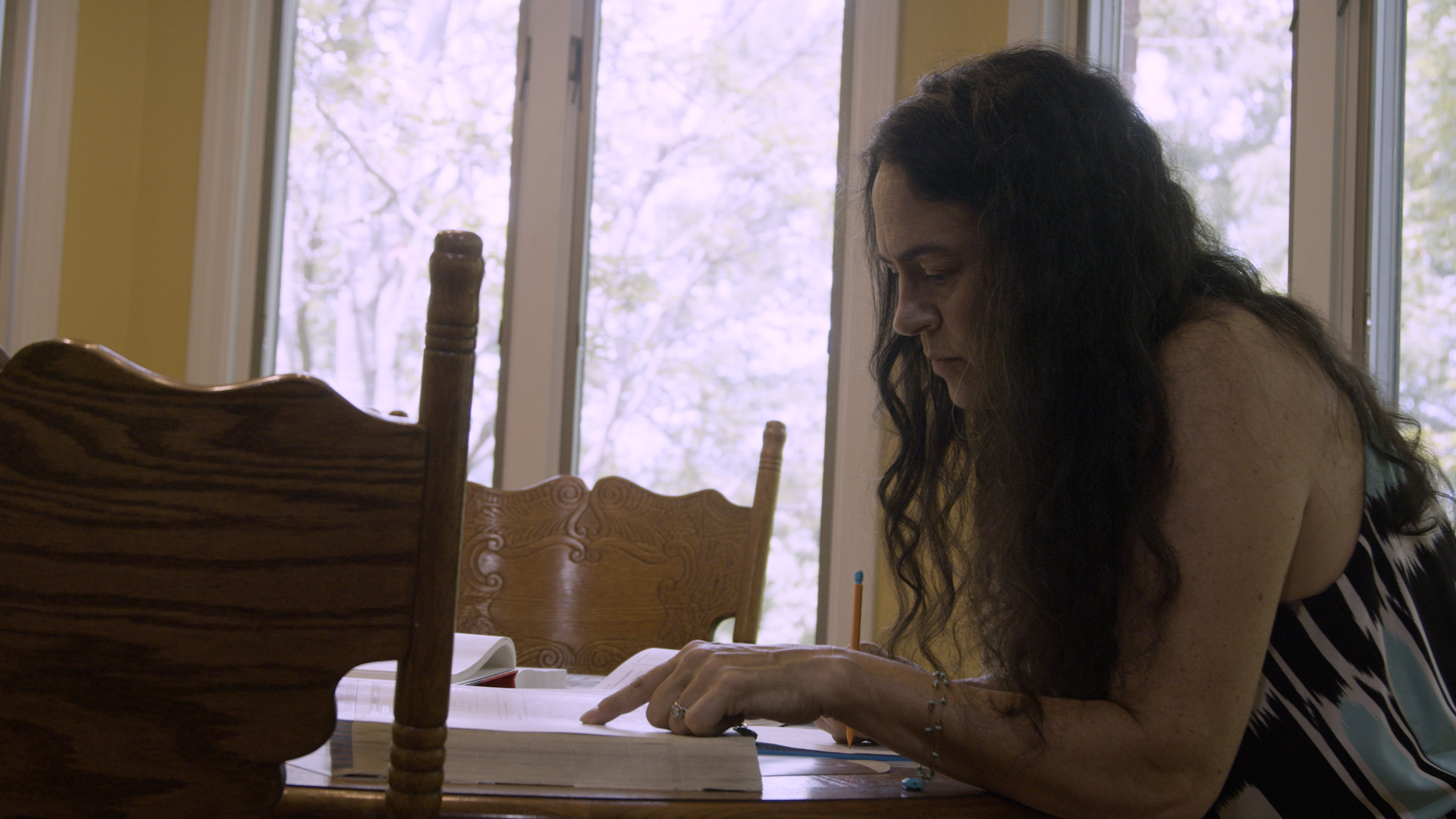
In 2008, Mangiapane said that Plymouth Canton asked her to participate in a new credit recovery program called Education 2020. She recalled how exciting it felt to finally have a tool like that to close learning gaps. But when she was asked to get involved again a few years ago for the next version, Mangiapane said the program had become “outlandish.”
Hundreds of kids would sit in the gymnasium and use their phones to take a prescriptive test meant to determine what subject matter they needed help with. But these students didn’t even have a pencil or paper to do their math with. When Mangiapane complained to the administration, she said she got in trouble.
This was only one of the first nails in the proverbial coffin. Mangiapane also served as a credit recovery instructor after school, and at one point had a student who needed 10 credit recovery classes to graduate on time. The student, under the assistant principal’s supervision, allegedly cheated using Google to complete all her homework assignments and even take tests, so she finished her course in seven hours and earned an A.
“I said to the assistant principal, ‘I can’t be the teacher of record. How can you want me to be the teacher of record?’ I mean, that’s an official legal document,” Mangiapane recalled. “It was just a really sad experience.”
That one eye-opening moment in “click recovery” classes revealed a sleeping giant within the school system of inflated grades, fueled by a “lack of integrity,” as Mangiapane put it. While teaching summer school online, she said some students took 30 seconds to complete a 25-question test and earned As and Bs. Worse, she noted that at least one fellow algebra teacher allegedly gave credit for 37%, and that at least one physics teacher was awarding credit for just 25%.
“Even though these programs were created to close the learning gaps, it’s devastatingly sad that what we’ve done in education has increased the gap,” Mangiapane said.
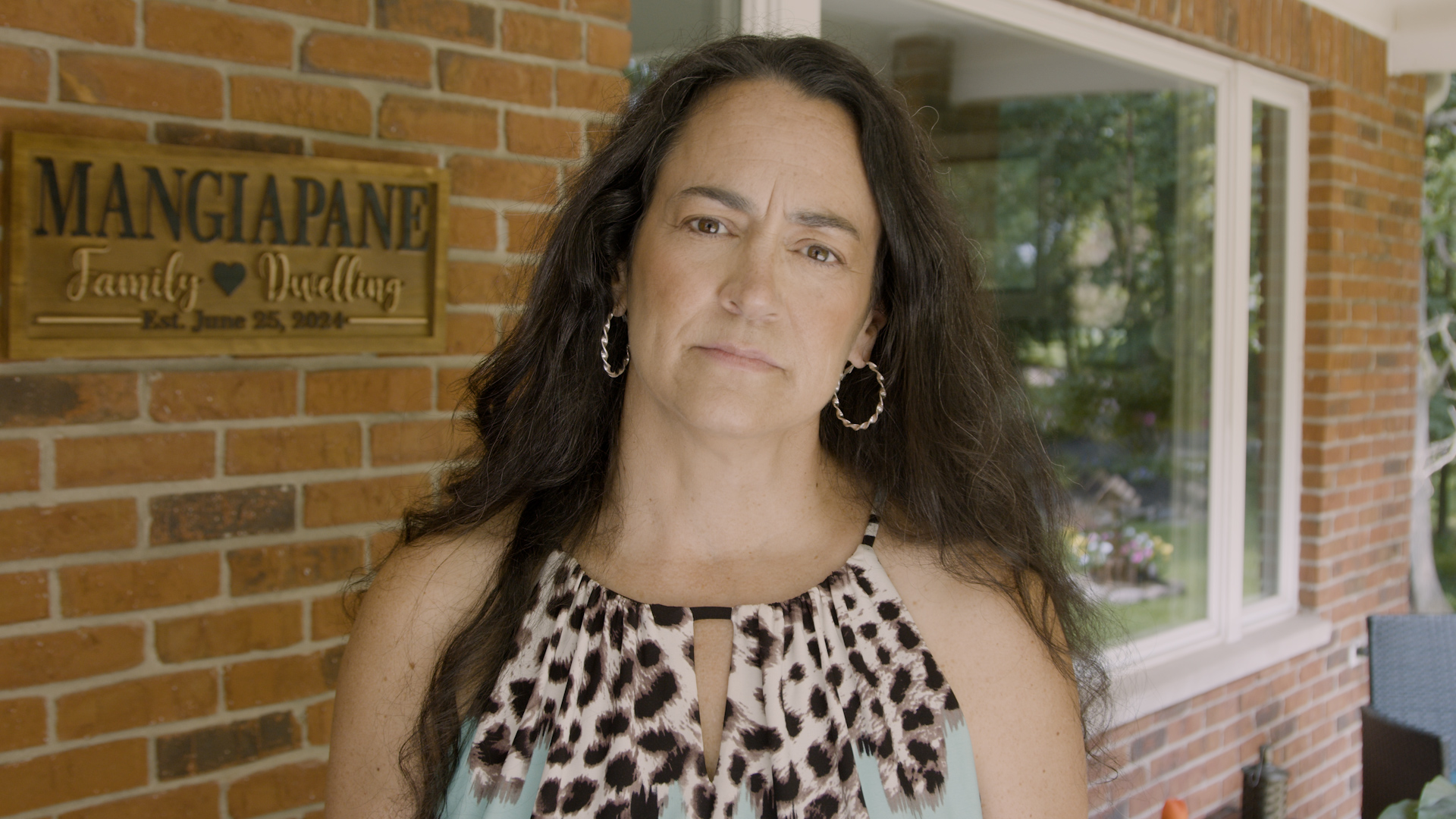
Then came the rise of “Diversity, Equity, and Inclusion” or DEI. Mangiapane said that school suddenly “became very divisive.” She recalled one incident when the school was hiring a math teacher and allegedly hired one who did not know how to find the slope of a line, solely because she was a black woman. At one point, Mangiapane was called into an all-staff meeting to take a test rating her “level of whiteness,” and then was asked to stand in a circle in order of privilege. Reluctantly, Mangiapane said she took her number and stood in the circle. She said she felt perceived as a less effective teacher because of her whiteness and due to her number of referrals and tardies.
“I was told to decrease the number of detentions that were issued for a certain race that showed up late, because culturally it’s acceptable for them, and that just boggled my brain,” Mangiapane said. “So I should not teach them what professionalism is––showing up on time?”
Mangiapane felt sickened by the excuses, since she said she had always tried to teach teenagers how to be communicative, successful American citizens. But patriotism had also started falling by the wayside. Mangiapane sent her eldest son to Plymouth High School, and within the first two weeks of his freshman year, she said he came back to her discontented.
“Three of his six classes had huge gay pride flags and BLM flags, and there’s many classrooms […] that didn’t have the American flag even shown,” she said. Her son told her he felt discouraged from talking about potentially triggering issues in his debate class. As a young history buff deep in late-night studying, he would wake his mom up to show her his AP World History textbook, telling her, “Mom, mom, they’re changing history.”
The degradation of academic integrity, the politicization of the classroom, and the slew of behavioral issues that teachers were not allowed to address without repercussions eventually made Mangiapane crack. In March of 2024, Mangiapane––who admitted with confidence how much she once loved public education––walked away from it.
Now she teaches at a private school, where she is happier—but she hasn’t given up hope for the public school system just yet.
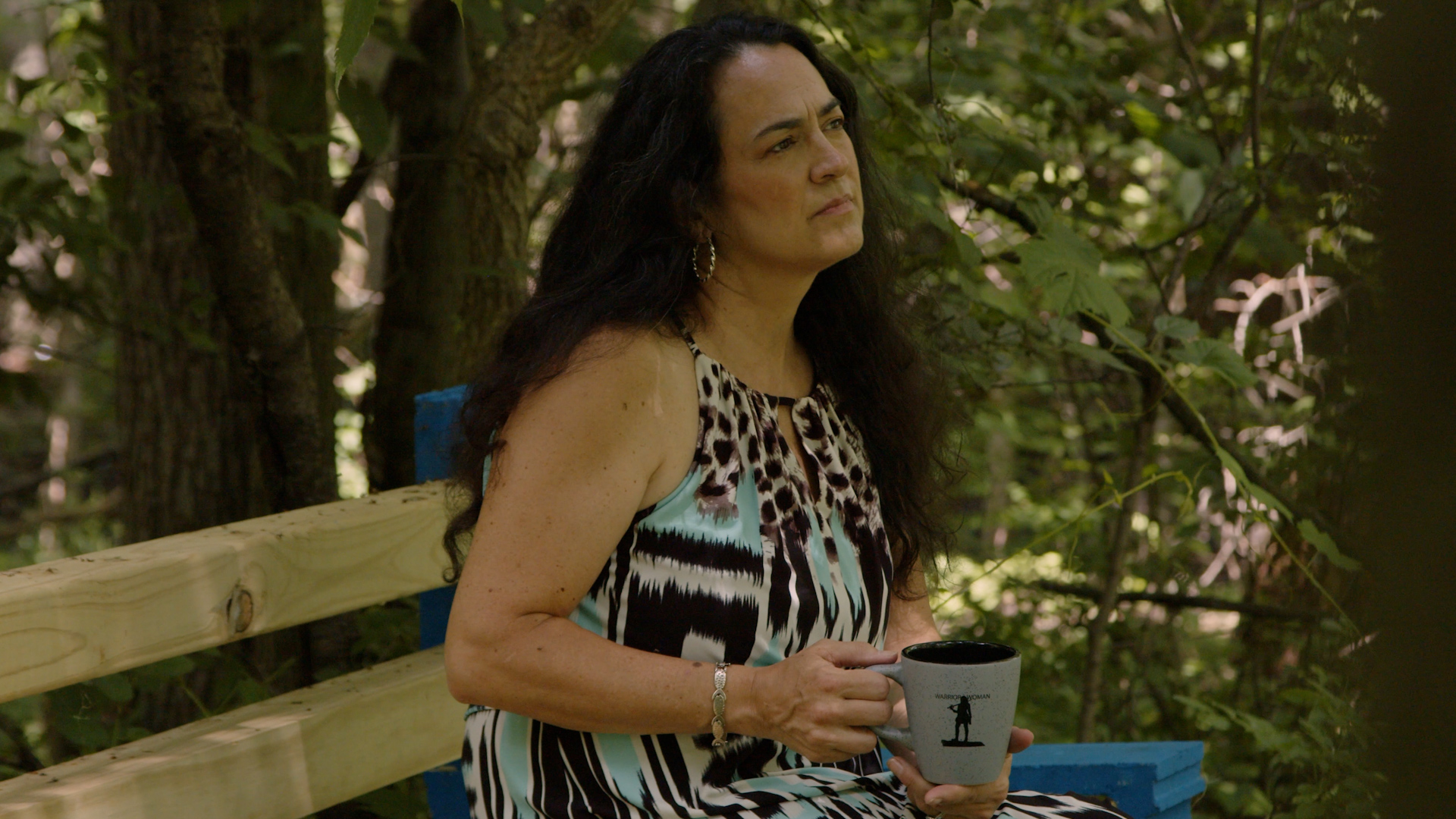
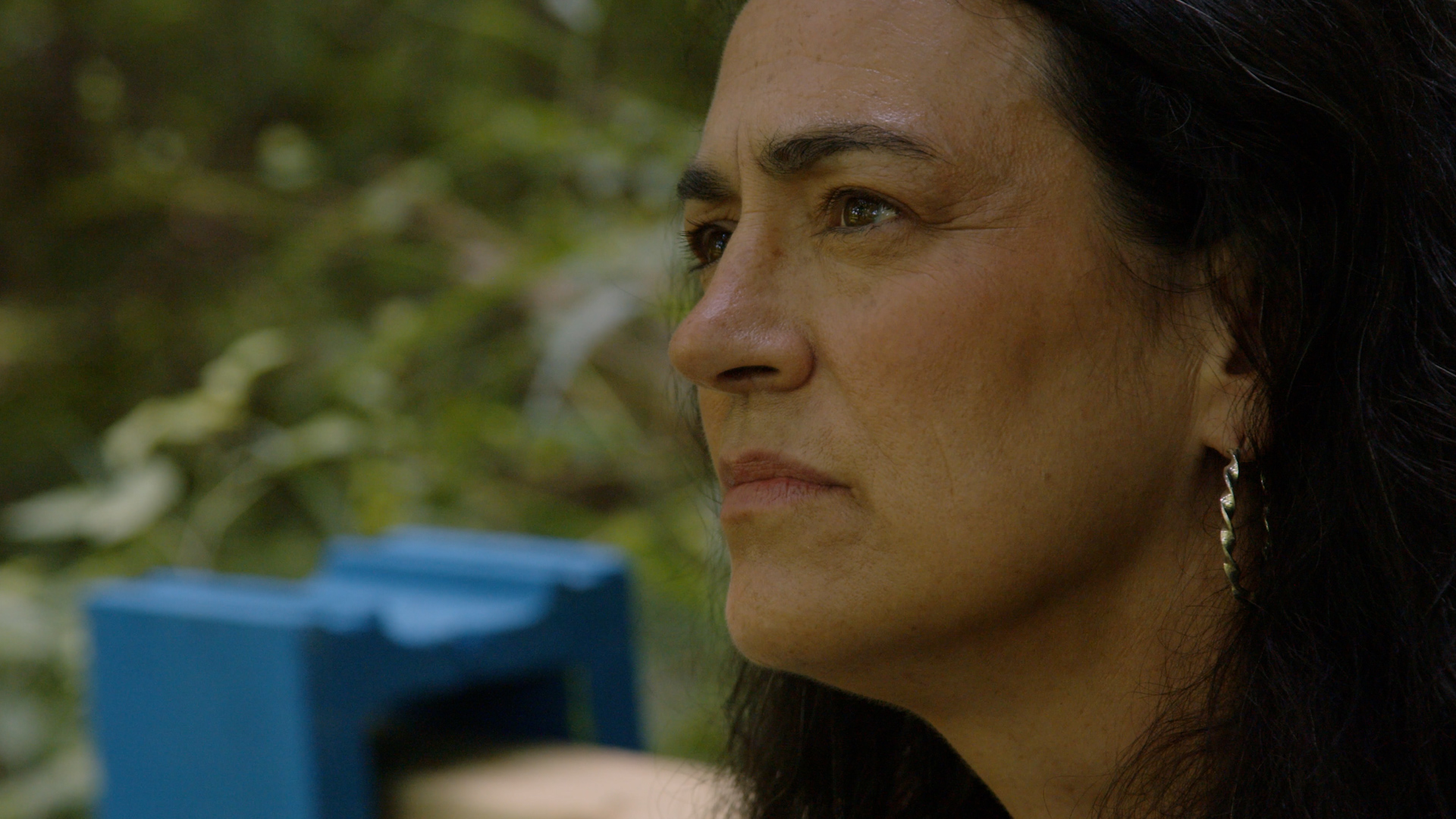
“There are fabulous teachers,” she said. To them, she urged: “Get involved, go to lunch with your peeps. You might find out that there are a lot more colleagues that have the same level of integrity and values that you have. Pull together, team together.”
Mangiapane believes that the distressing status of public education comes from the top, down. According to Mangiapane, there has been an increase in assistant principals who have only a few short years of classroom experience, and many who have had none at all. The ones giving carte blanche to decreased academic standards and behavioral expectations aren’t educators, Mangiapane said, “they’re politicians.”
And yet, “the teachers are willing to go above and beyond, but they’re just not supported,” she said. “The people that are down and dirty in the classroom doing the hard work, our voices get diminished.”
According to Mangiapane, the best thing the federal and state governments could do for children is shift their focus back onto the building blocks of education—as she put it, the key foundational principles.
“We need to teach communication skills. We need to teach––and be supported at teaching––proper social skills, behavioral skills, work ethic skills. We need to teach citizenship,” she urged.
With a shift back to honesty in education, Mangiapane concluded: “We can be a force of change for this generation. We can.”
IW Features reached out to Plymouth Canton Community School District for comment, but they did not respond.
This article has been updated to reflect accurate details.










